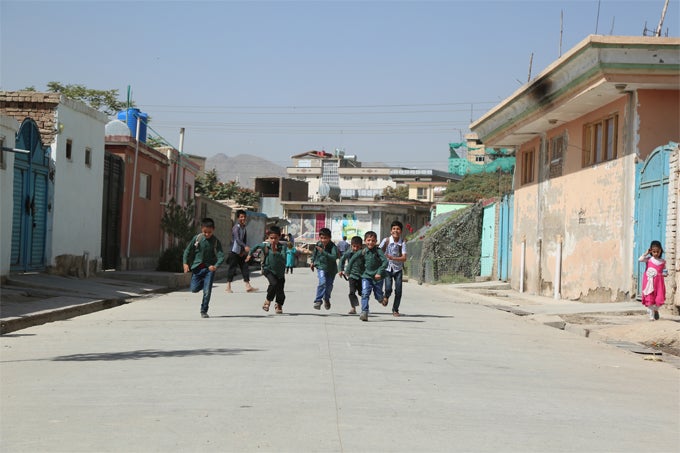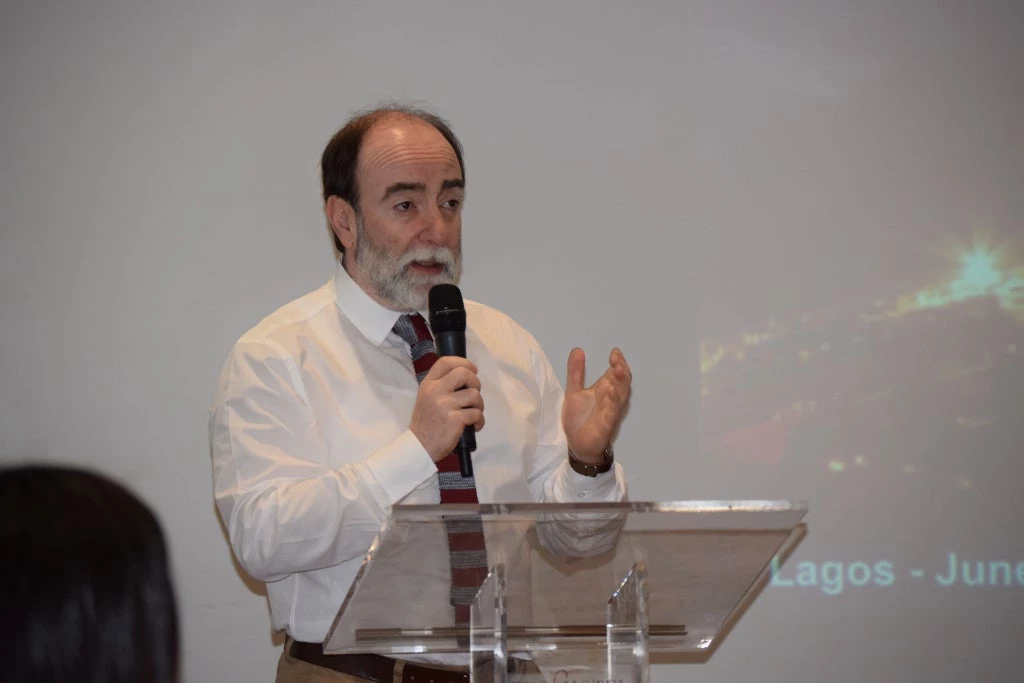
Afghanistan is undergoing a rapid urban transition. While the current share of its population living in cities is comparatively low (25.8 percent in 2014 compared to 32.6 percent across South Asia), Afghanistan’s urbanization rate is among the highest in the region. Its urban population is growing at 5 percent annually, more than twice the regional average.
The country’s urbanization transition is impacted by Afghanistan’s history of conflict and fragility, which presents additional challenges for urban areas. Cities are struggling to accommodate increasing numbers of persons seeking security, shelter, and jobs. These newcomers include internally displaced persons, returning refugees, as well as those leaving rural agricultural employment and seeking service-based jobs in urban areas. This migration will continue for a generation; by 2060, half of all Afghans will live in cities, which means that roughly 15 million people will be moving to cities in the next 40 years.[1]
Over the same time period, the country will also see a substantial increase in demand for employment as slightly more than half of the current population is aged 15 or younger and will soon be entering the workforce for years to come.
Against this background, Afghanistan will have to leverage and manage its urban transition to ensure that cities can provide job opportunities, housing, and improved quality of life to their citizens. Recognizing the important challenges, the Afghan government introduced the Urban National Priority Program (U-NPP) in 2016. It provides policy guidance and investments in support of municipal governance, improved access to basic services, and vibrant urban economies for the next 10 years.
The World Bank has deepened its engagement in the country’s urban sector in pursuit of the above goals. Improving both the capacity and resources available to municipal governments—especially those of the large Provincial Capital Cities (PCCs)—is a crucial first step. In 2014, the Afghanistan Reconstruction Trust Fund (ARTF – managed by the World Bank) approved a $110 million grant for the capital city through the Kabul Municipal Development Program (KMDP), which aims to improve both the municipality’s capacity for service delivery and finance infrastructure improvements (roads, drainage, water pipes) in certain neighborhoods. KMDP has to date directly benefited more than 550,000 residents and generated 1.5 million man-days of labor, contributing to steady employment and skill development.
Building on this momentum, the World Bank approved a $20 million grant on June 13 to support the Urban Development Support Project (UDSP). The project will provide targeted capacity building and relevant policy guidance to ensure that the country’s urban transition is more balanced and inclusive. The project will build the capacity of the Ministry of Urban Development and Housing (MUDH) by providing guidance and tools to execute a policy agenda that improves urban planning and land management practices, accelerates the provision of affordable housing, identifies opportunities for urban regeneration and cultural heritage preservation, and strengthens municipal finance. The project will also help to deepen the urban planning profession in Afghanistan by developing core university curriculum and establishing key urban database systems.
Also, and as part of a programmatic engagement by the World Bank, the UDSP will work with both the MUDH and the Independent Directorate for Local Governance (IDLG) to support economic growth poles in the country. This will be initially achieved through improved service delivery and capital investment planning in five PCCs outside Kabul (Herat, Jalalabad, Kandahar, Khost, and Mazar-e-Sharif). Technical assistance and capacity building under the UDSP will equip municipal governments with the tools and expertise to access a performance-based infrastructure finance facility to be established at a later stage of the Bank’s engagement.
If well managed and implemented, we’re confident that these projects and programs will help create more livable and inclusive cities of the future while providing more and better job opportunities for the people of Afghanistan.



Join the Conversation